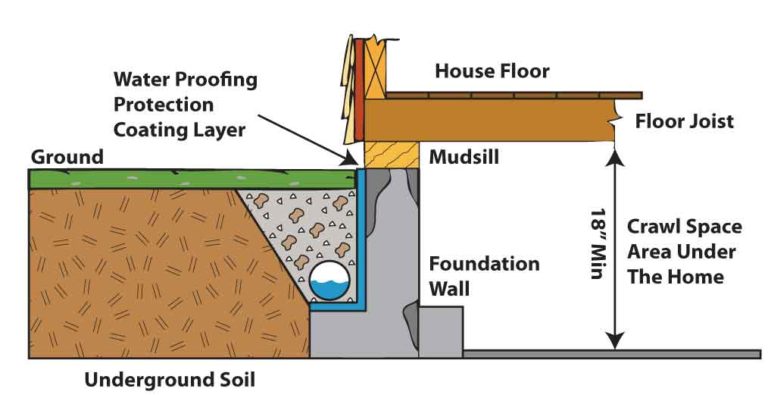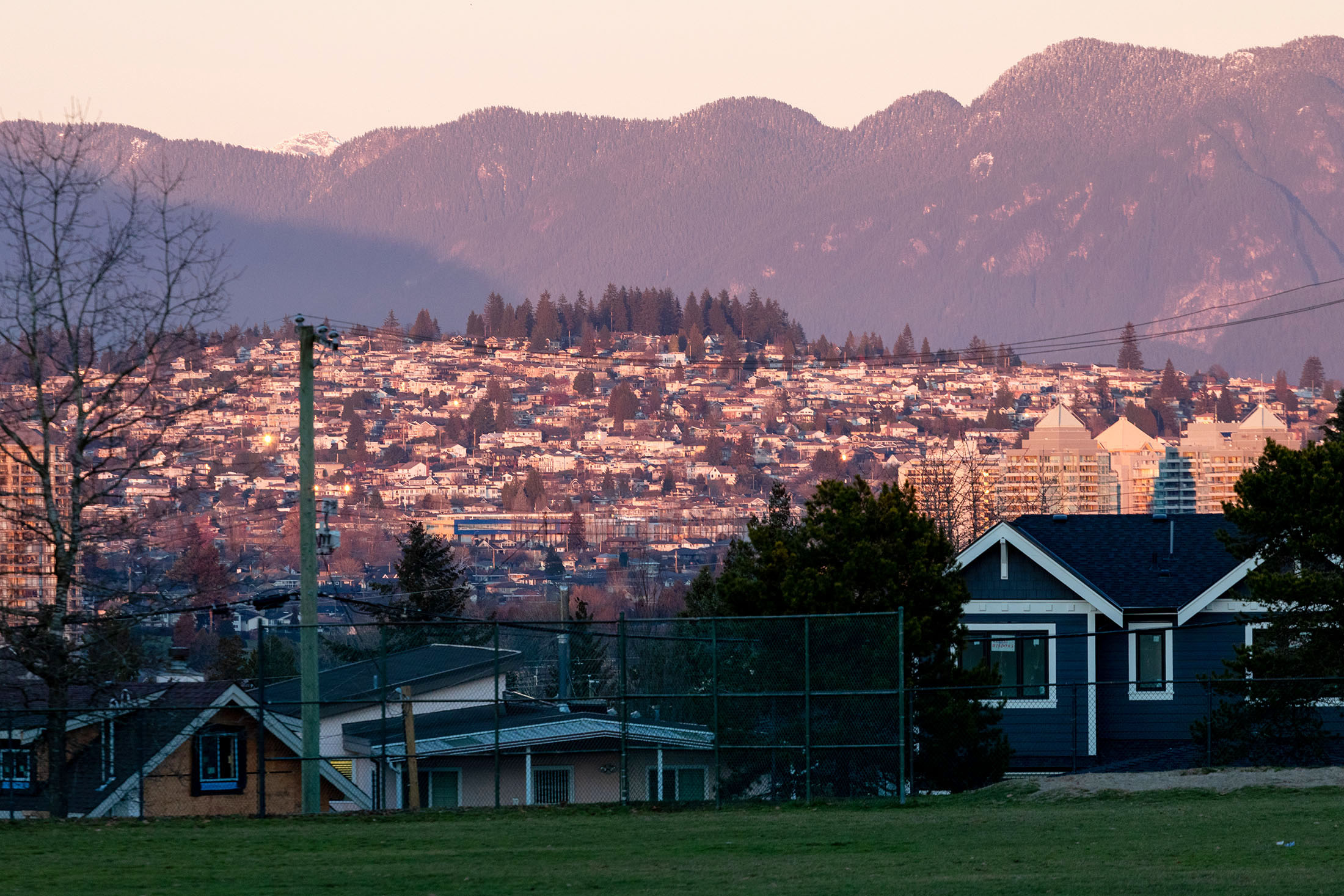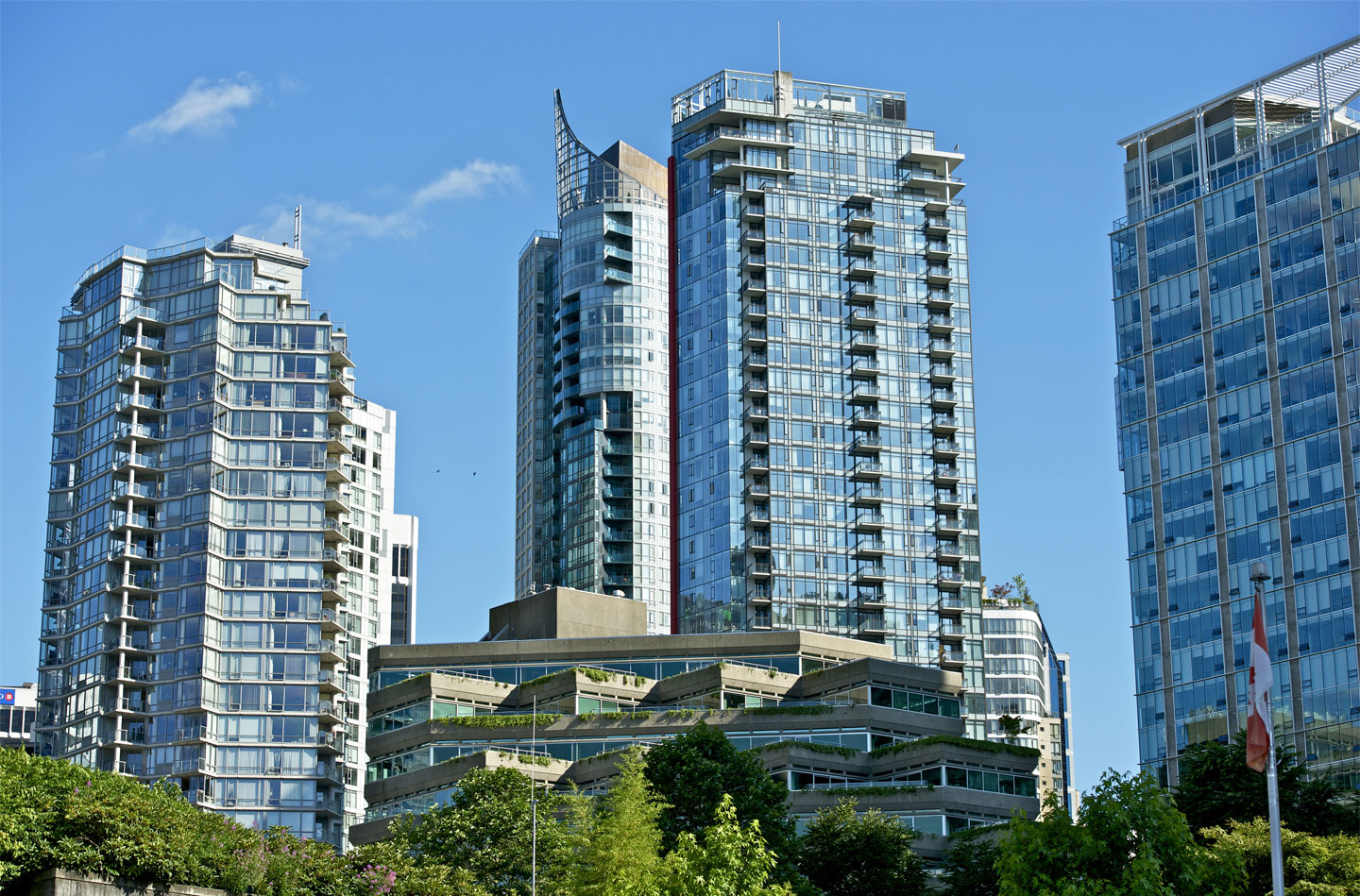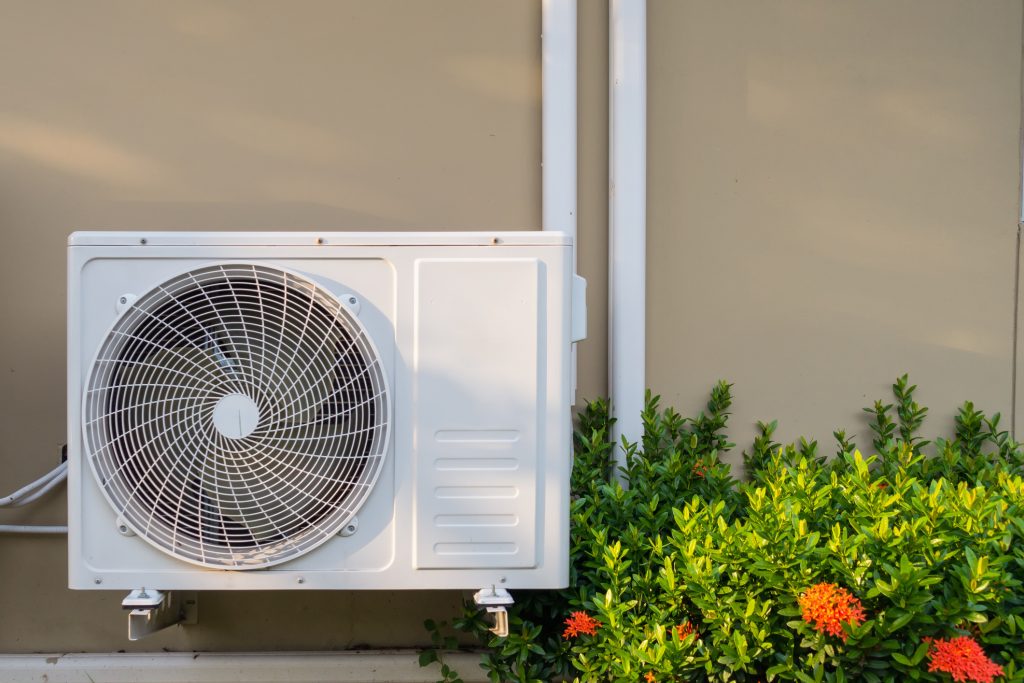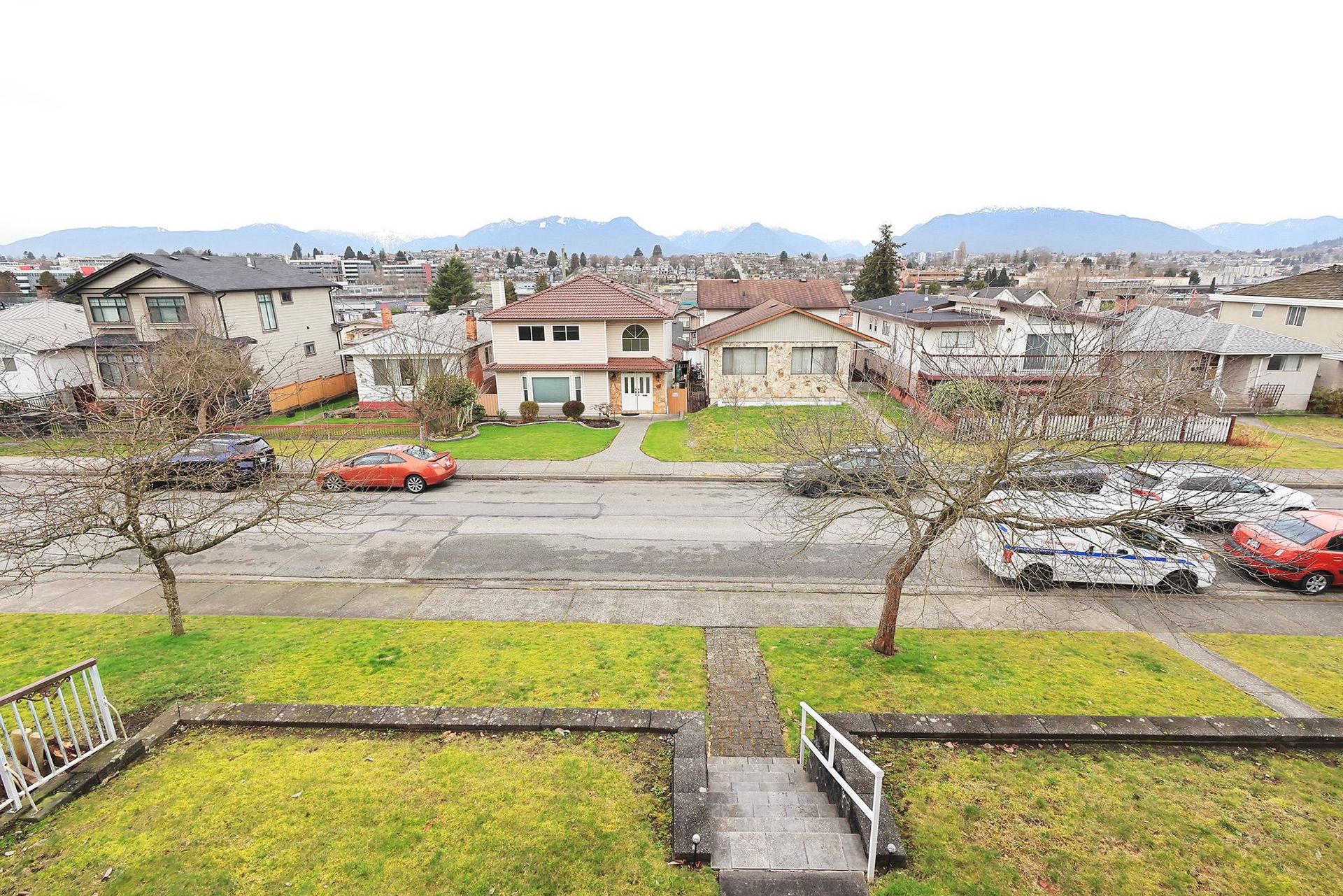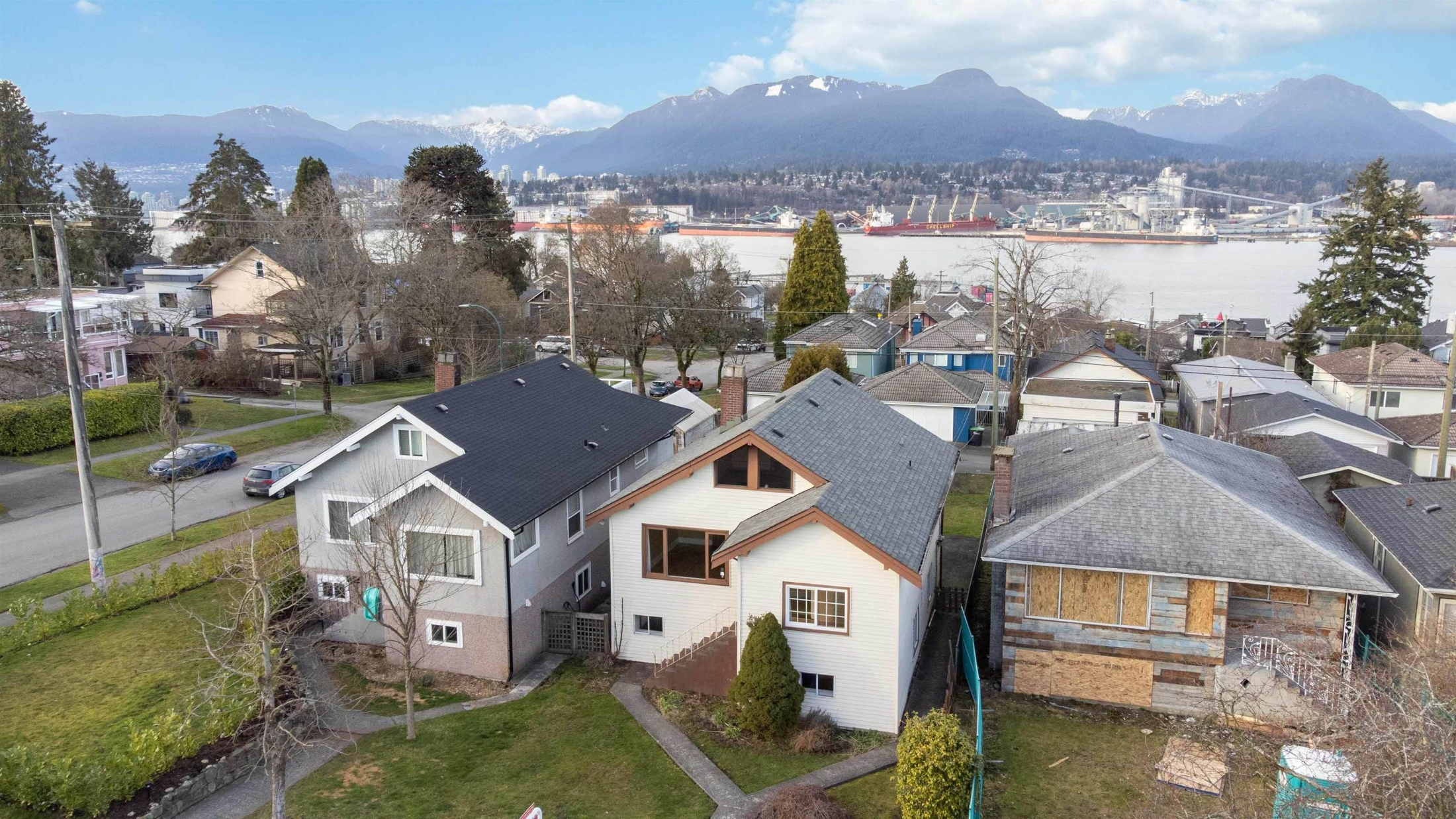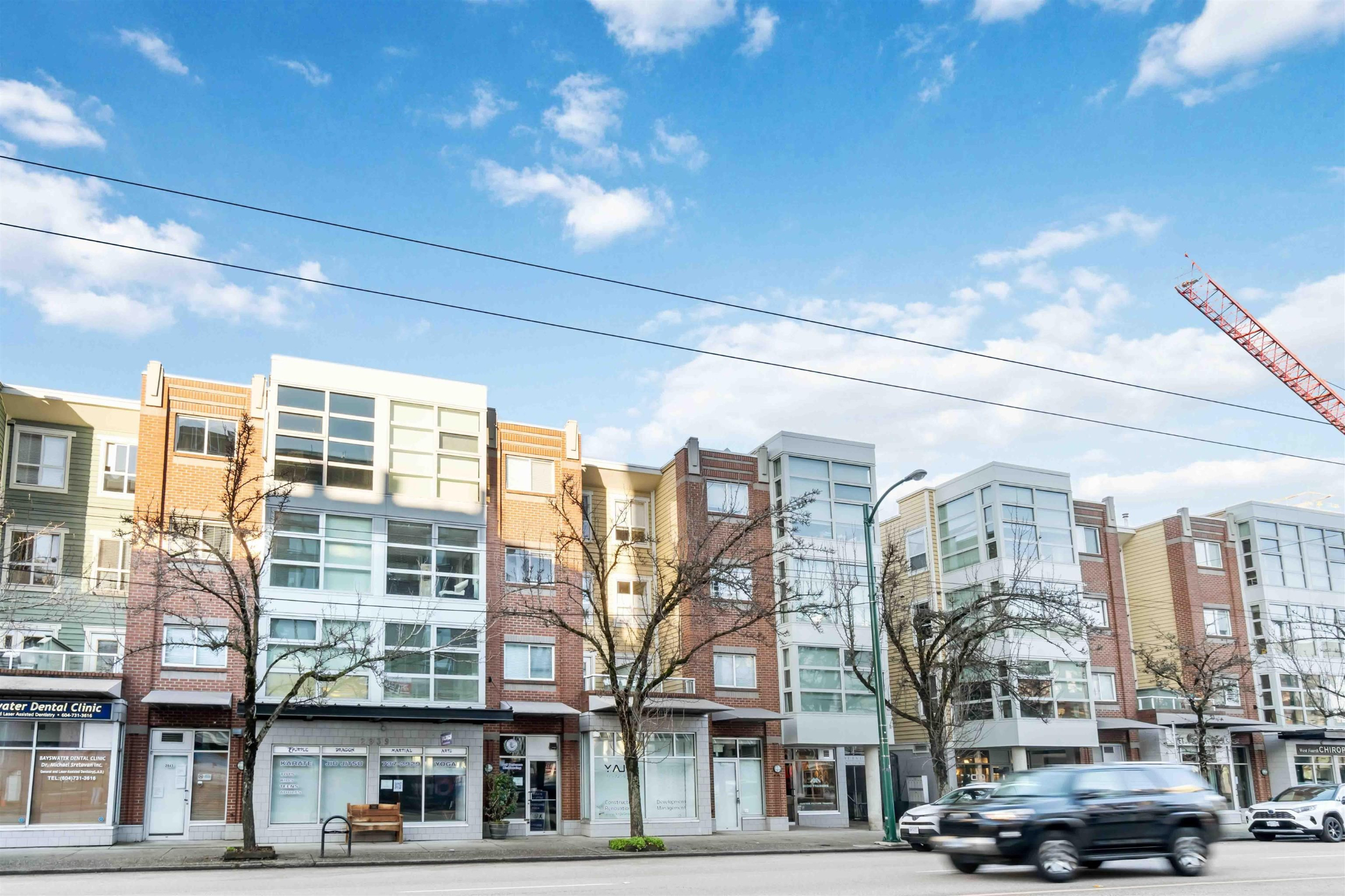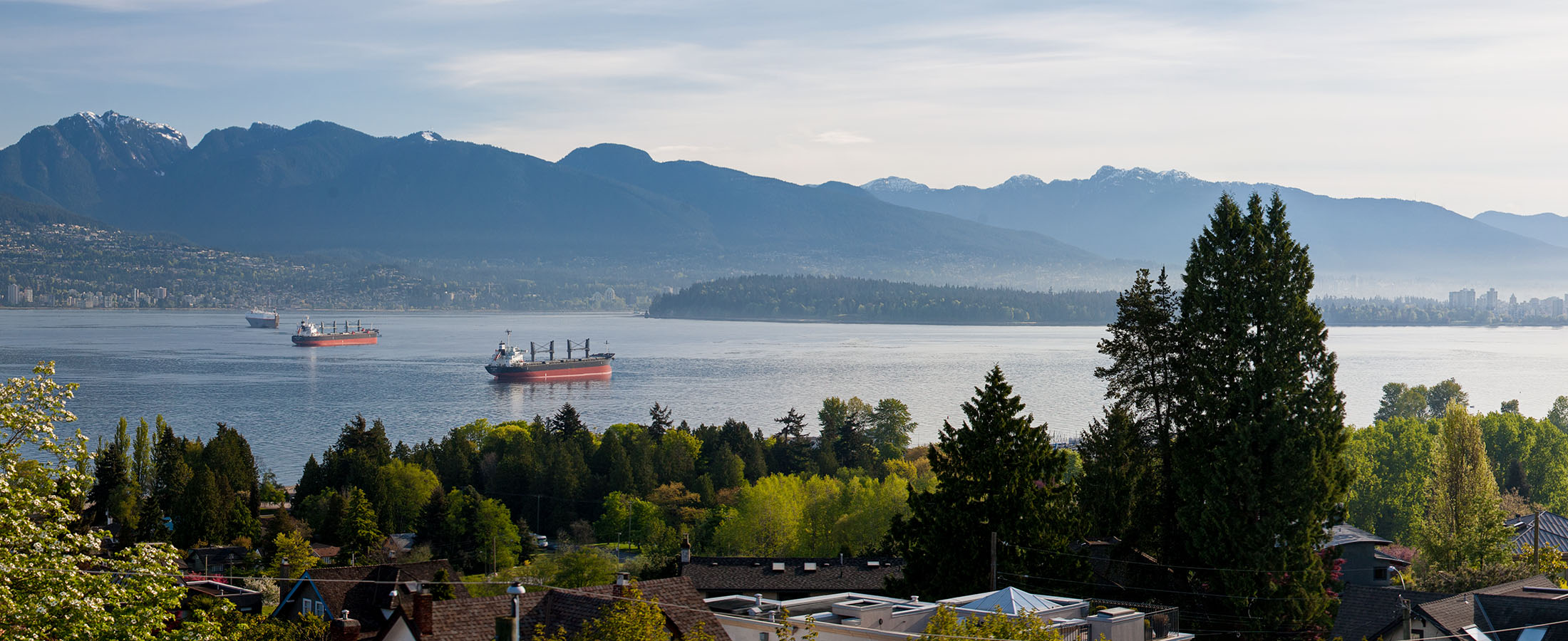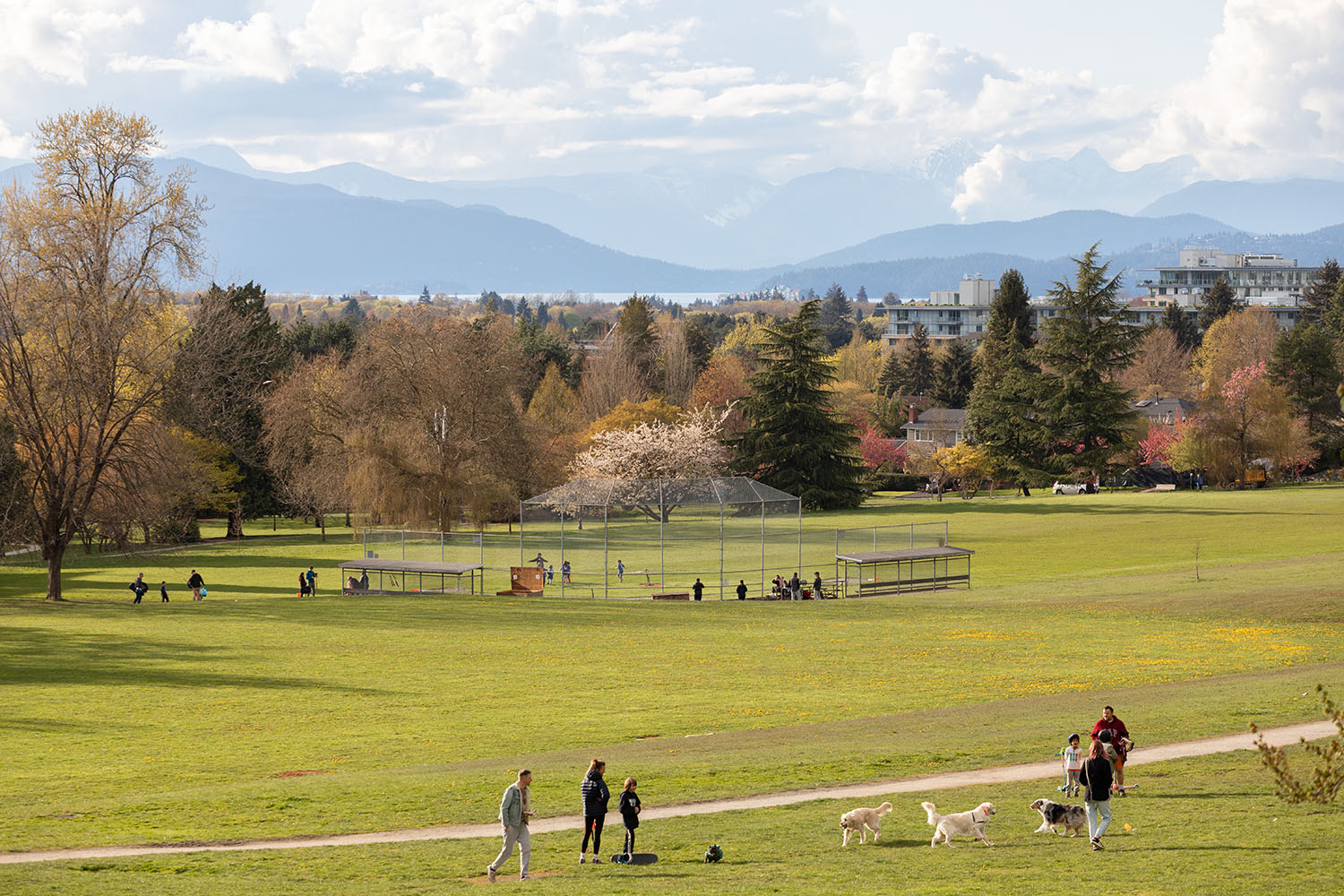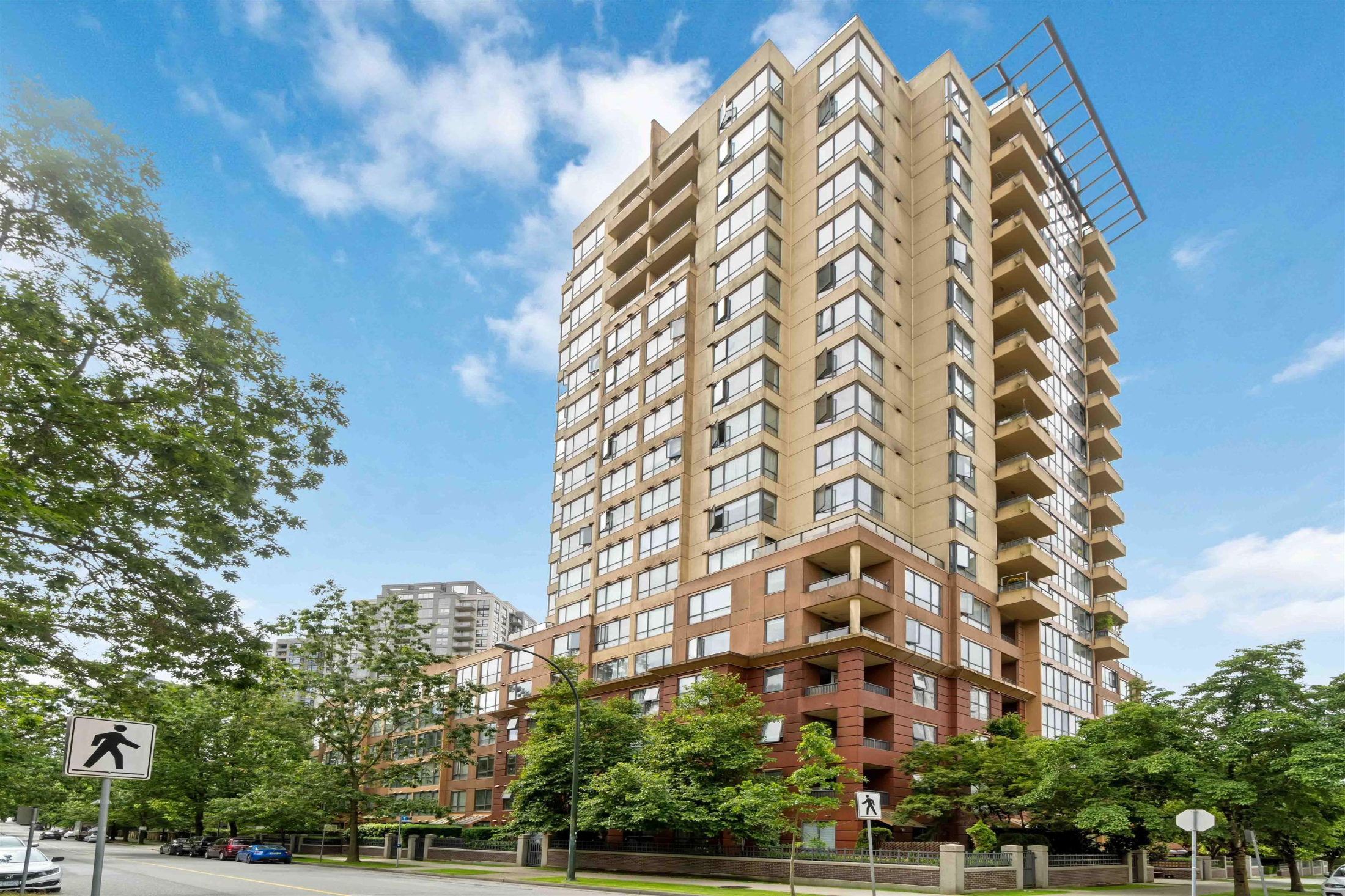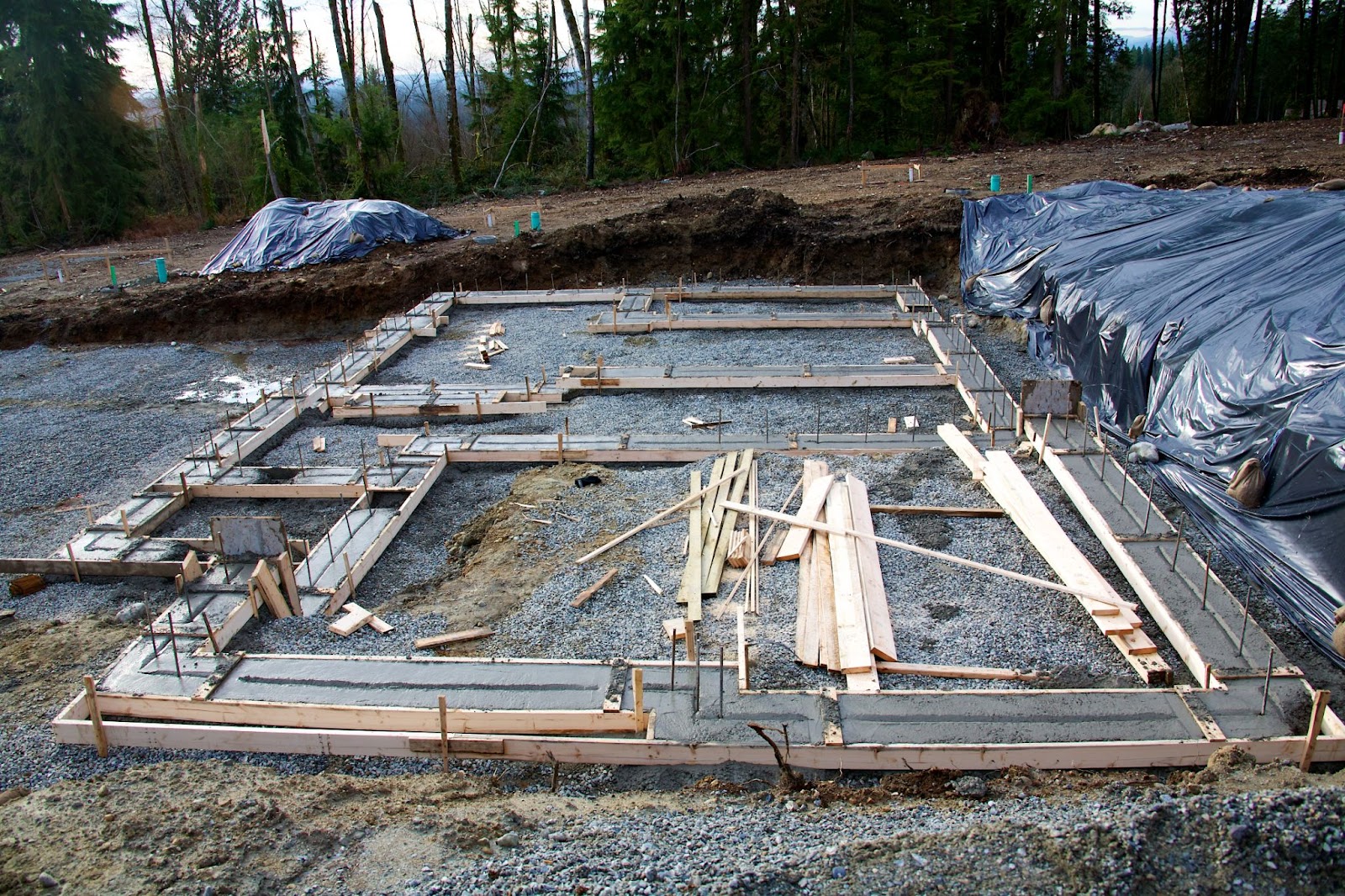Buying a home involves more than just finding the right property. It's a process that combines financial strategy, market knowledge, and careful coordination—especially between realtors and mortgage brokers. While they perform different roles, their collaboration is essential to delivering a seamless home buying experience.
Helping Buyers Get Pre-Approved Early
One of the first steps in a successful home purchase is mortgage pre-approval. Realtors often encourage clients to speak with a mortgage broker early in the journey. Pre-approval gives buyers a clear sense of their budget, which prevents disappointment and gives them an edge in competitive markets.
At the same time, mortgage brokers rely on realtors to understand the buyer’s needs and the types of homes they’re looking at. This partnership ensures the financing options align with the kind of properties being considered. Instead of working in isolation, both professionals coordinate to keep the buyer’s expectations grounded in financial reality from day one.
Matching Financing Solutions to Buyer Profiles
Every homebuyer is different, and some require more specialized loan options. A good realtor recognizes when a buyer may not fit the mold for a conventional mortgage—perhaps due to limited credit history, self-employment, or a pending home sale—and shares that information with the broker.
Armed with these insights, mortgage brokers can explore the best-fit loan products—whether it's a low down payment program, bridge loan, or government-backed mortgage. Meanwhile, brokers keep realtors informed about loan terms that may affect the search. This back-and-forth saves time and ensures buyers are only viewing homes that align with their financing strategy.
Keeping the Closing Process on Track
The final stretch of a home purchase—closing—can be one of the most stressful parts for buyers. Timelines can shift quickly, but when realtors and mortgage brokers work closely, they’re able to prevent small delays from becoming major roadblocks.
Realtors oversee inspections, appraisals, and paperwork related to the transaction. Simultaneously, mortgage brokers manage loan underwriting, collect documents, and coordinate with lenders. If a delay occurs on either side, swift communication helps keep everything moving toward a successful close, often without the buyer even noticing an issue.
Sharing Market Knowledge for Accurate Loan Planning
Local market trends can significantly impact a buyer’s loan structure. Realtors contribute valuable insights—such as property values, bidding patterns, and neighborhood appreciation—that help brokers fine-tune loan amounts and terms.
In return, mortgage brokers provide real-time updates on interest rates, lender guidelines, and affordability limits. This exchange of information helps buyers stay financially grounded while exploring homes that truly match their purchasing power. It also prevents surprises when it’s time to finalize the mortgage.
Tackling Credit Challenges Through Teamwork
Not every buyer comes into the process with perfect credit. If there are signs of financial issues—like difficulty with a down payment or concerns about past credit events—realtors and brokers can team up to create a recovery strategy.
Brokers dive into the credit details to determine what steps are needed, whether it's reducing debt, correcting errors, or exploring alternative loan options. Meanwhile, realtors help buyers reset their timeline and expectations without giving up on the dream of homeownership. Working together, they turn credit challenges into manageable detours rather than dead ends.
Breaking Down the Paperwork
Buying a home involves a lot of paperwork, which can overwhelm many buyers. Realtors help by walking clients through legal documents such as offers, disclosures, and conditions—making sure everything is clear before signing.
Mortgage brokers handle the financial documentation, from loan estimates to closing disclosures, and explain complex terms in simple language. Together, they guide clients through each step of the process, removing confusion and making the experience less intimidating.
Building Buyer Confidence With Transparent Advice
When buyers understand their financial options and market opportunities, they feel more confident making decisions. Realtors provide transparency around home values, offer strategies, and long-term resale potential.
Mortgage brokers complement this by breaking down loan terms, estimated payments, and financial risks. With both professionals offering honest, expert guidance, buyers are better equipped to make informed decisions—and that confidence often makes a big difference in today’s competitive real estate landscape.
Choose a Realtor With Strong Financial Partnerships
The most successful home buying experiences happen when your realtor and mortgage broker work together from start to finish. It’s not just about buying a property—it’s about making smart financial moves along the way.
If you’re ready to purchase a home, work with a realtor who values strong communication, collaboration, and trusted lender relationships. This kind of partnership ensures you’re supported at every step, from pre-approval to closing day. With the right team in place, your journey to homeownership will be clearer, quicker, and far less stressful.



